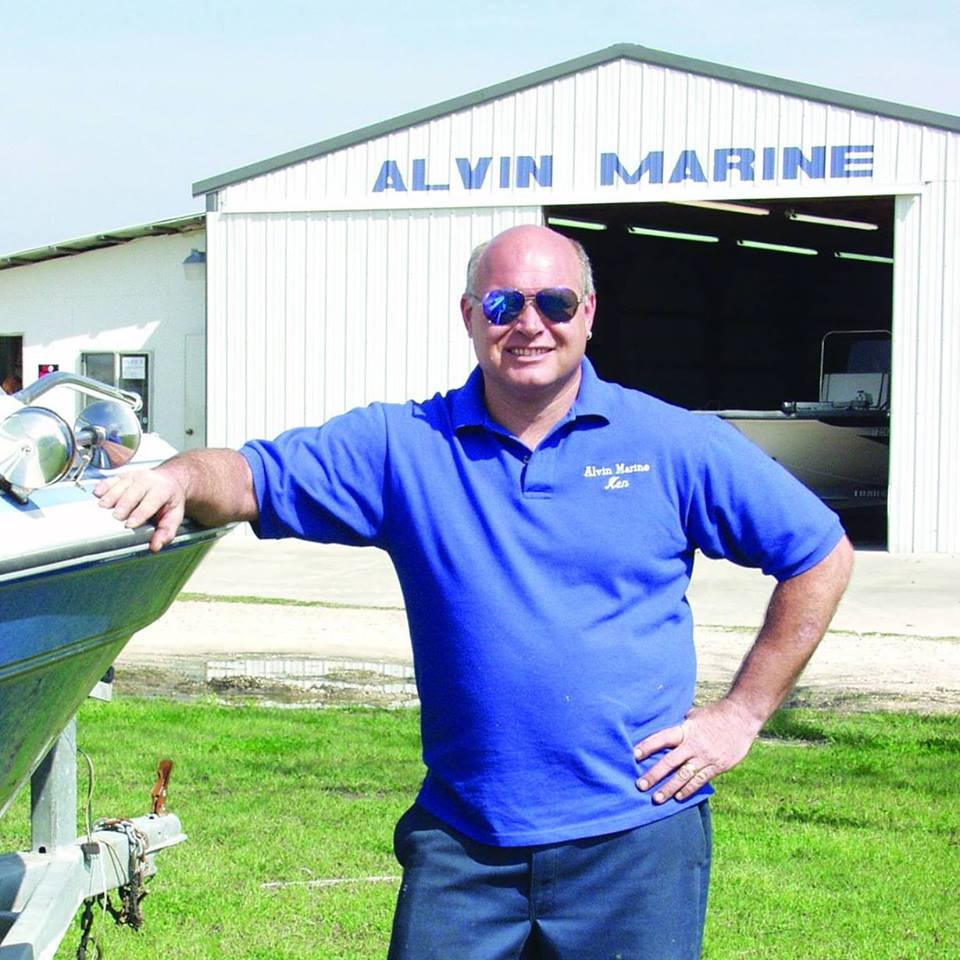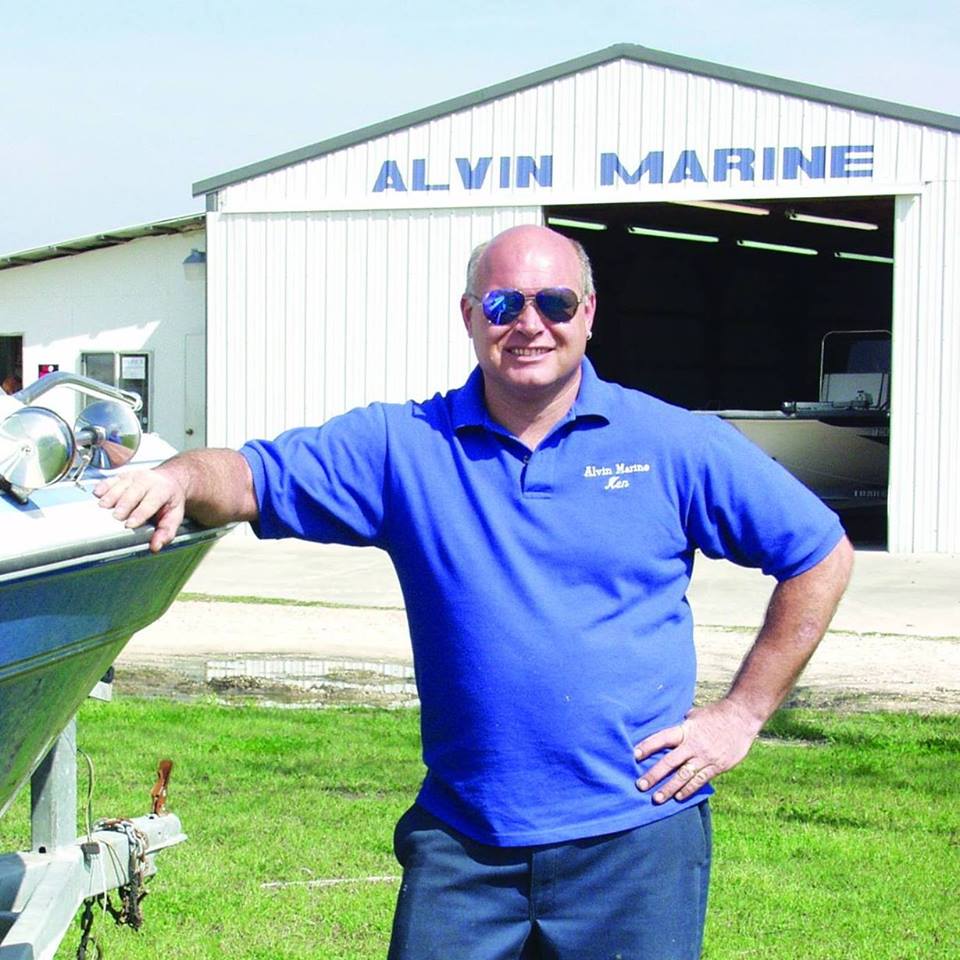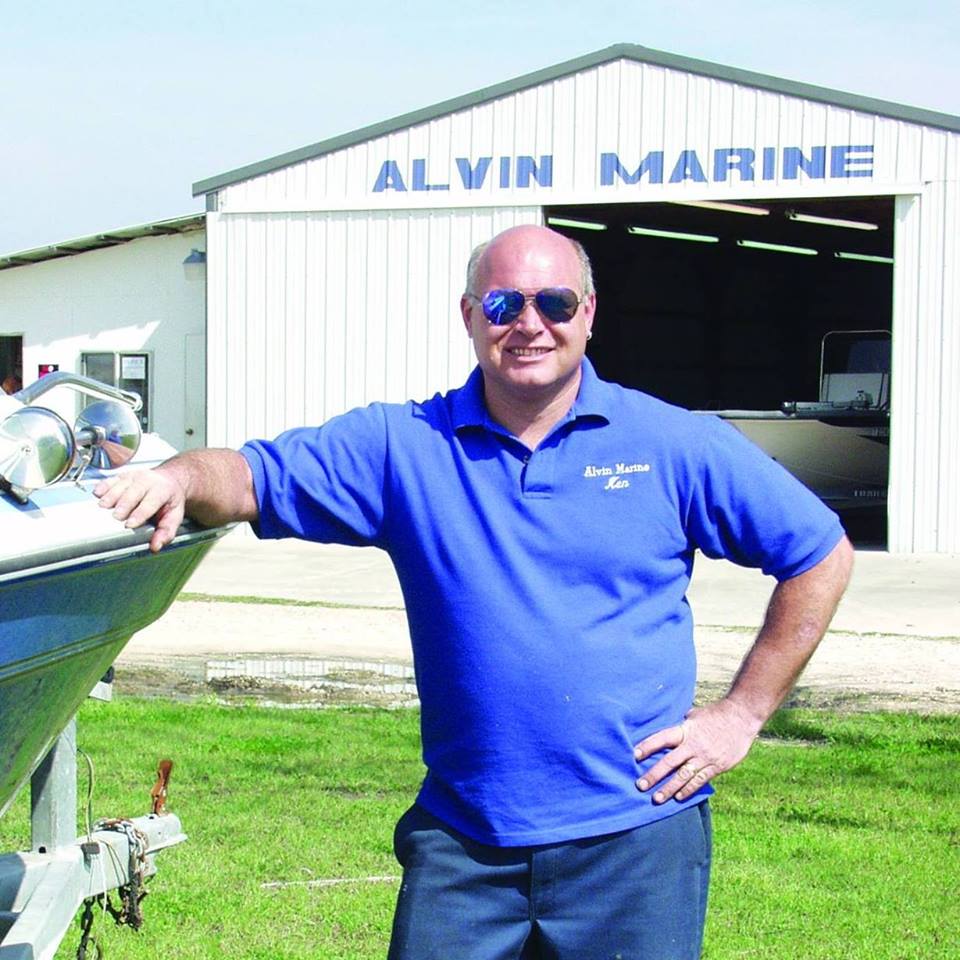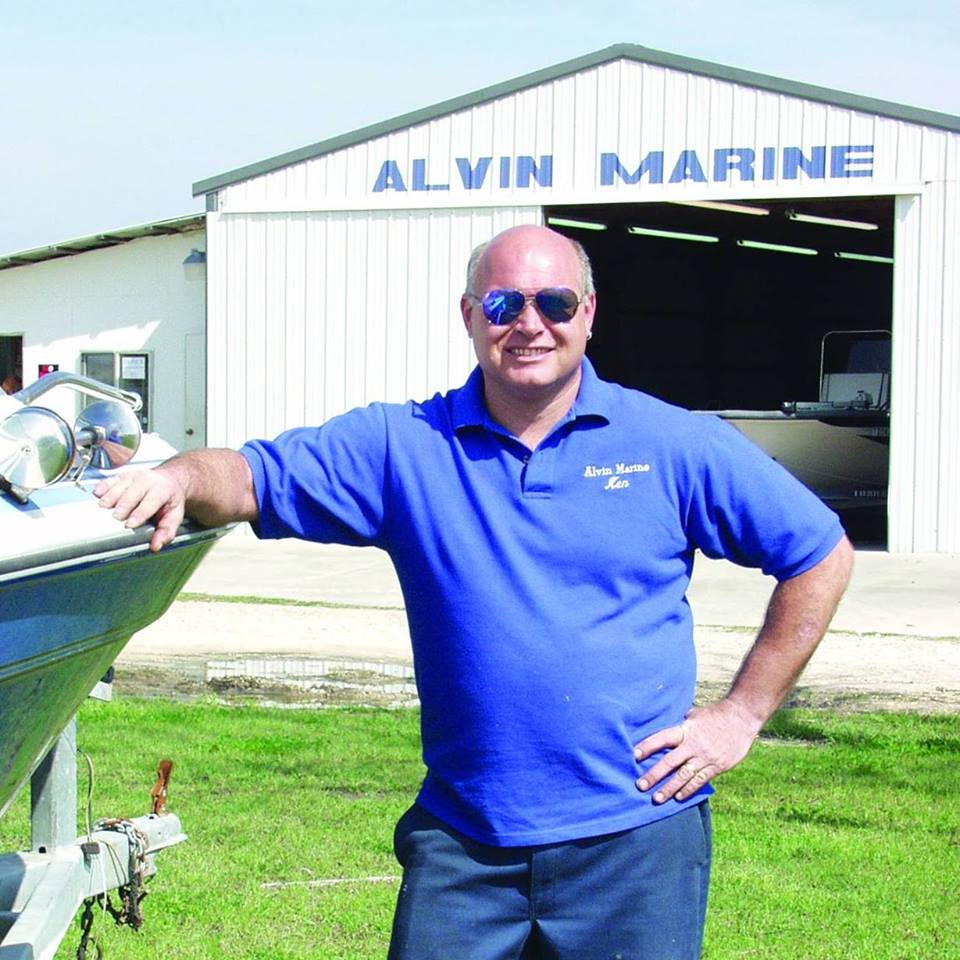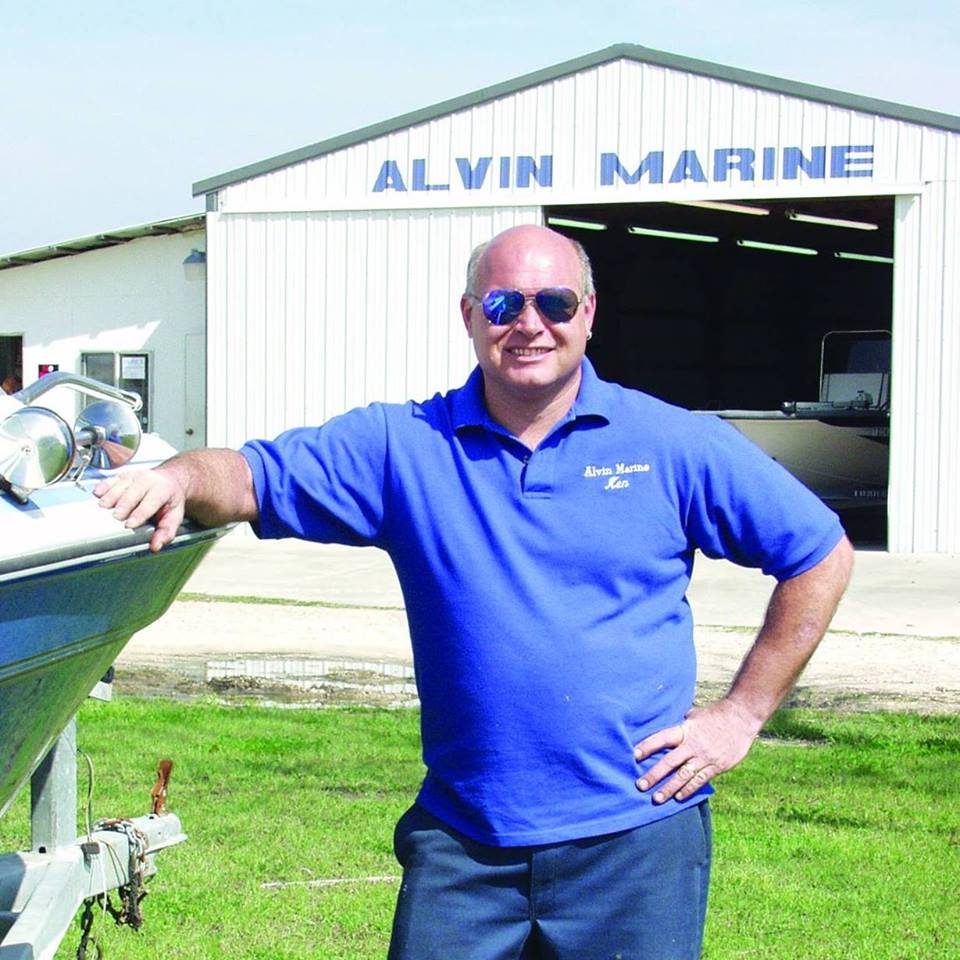|
Back to Blog
Ethanol fuels and the use of Phaser 300011/15/2018
1 Comment
Read More
Back to Blog
Heat Transfer cause and prevention10/17/2018
Back to Blog
Wheel Bearing Maintenance10/8/2018
Back to Blog
Fuel Filter inspection and replacement10/1/2018
Back to Blog
Prevent Water intrusion in Lower Unit9/24/2018
Back to Blog
Winterizing your boat9/17/2018
Back to Blog
Steering Cable Maintenance9/10/2018 Grease your Steering Cable regularly. Always store the Engine in a full right hand turn to keep the Steering Cable stub from seizing in the cable tube on the Motor. Feel free to give us a call or come by and see us.
Happy Boating!
Back to Blog
Before you buy9/10/2018 Are you considering buying a Boat or Motor? Don't suffer from Buyers Remorse. If you are in the market for a used Boat or Motor, make sure you have it checked out thoroughly by a certified marine technician before you invest your hard earned dollars. Alvin Marine can provide a full check out service. Give us a call or come by and see us.
Happy Boating! |
 RSS Feed
RSS Feed 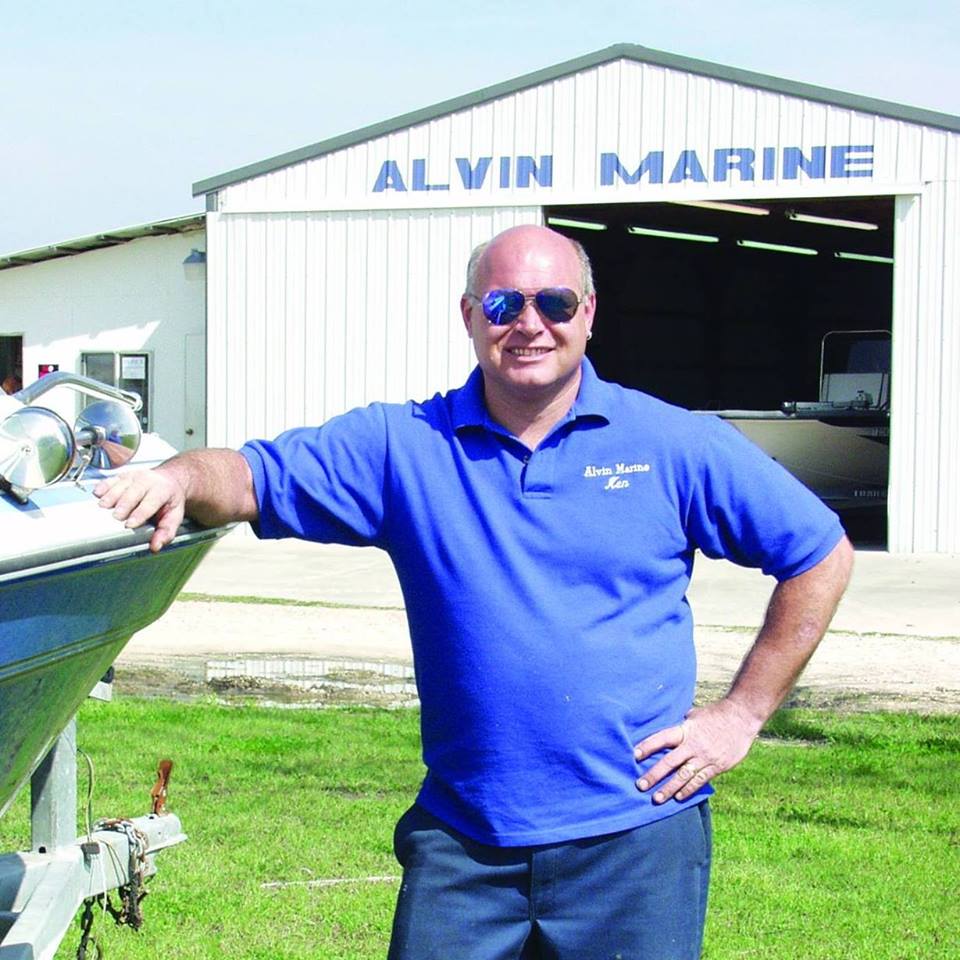

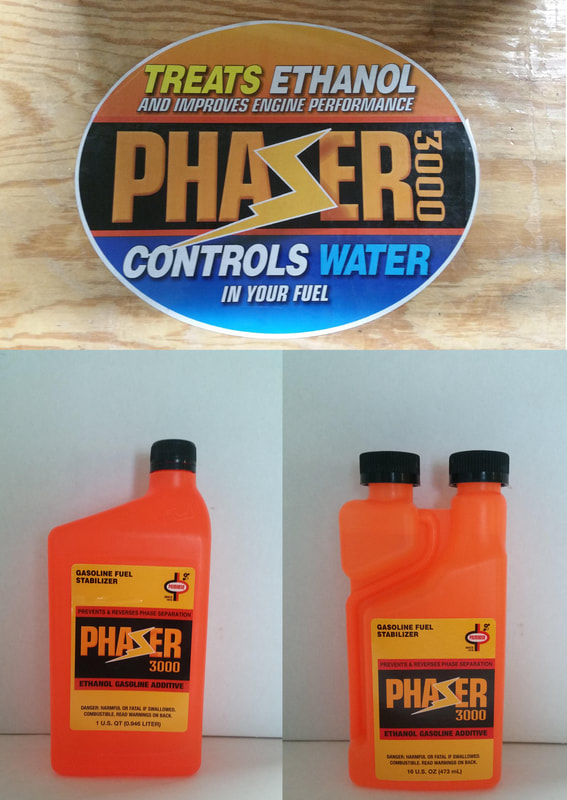
 RSS Feed
RSS Feed 